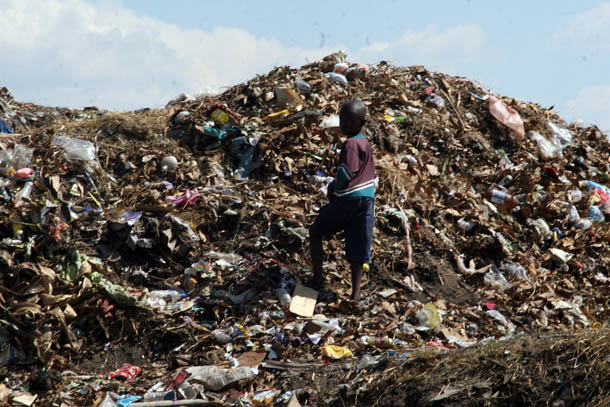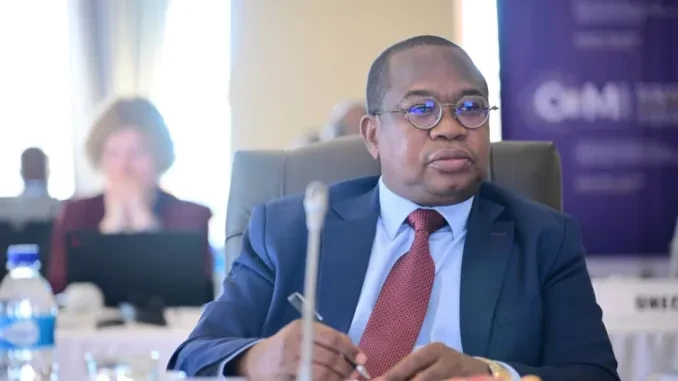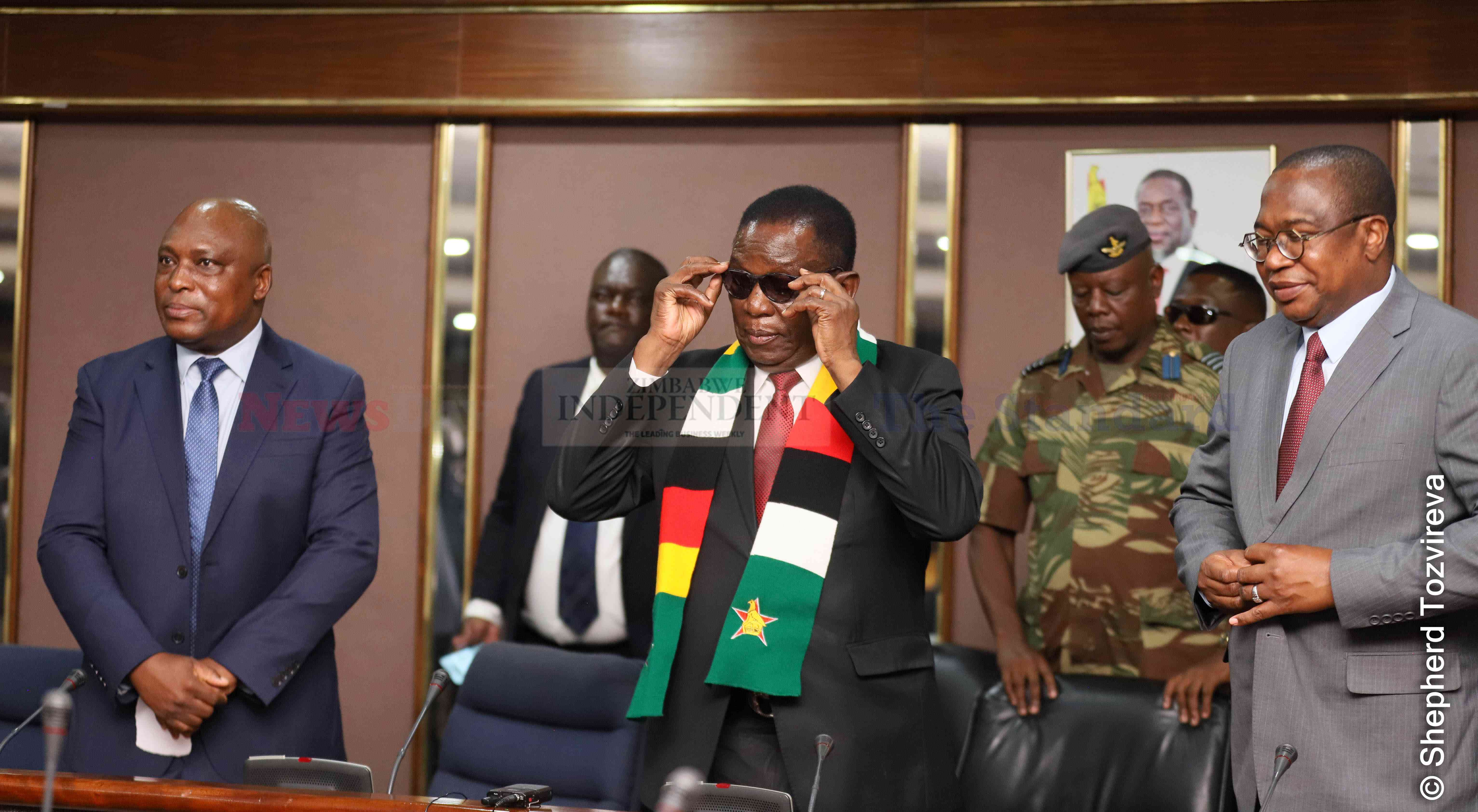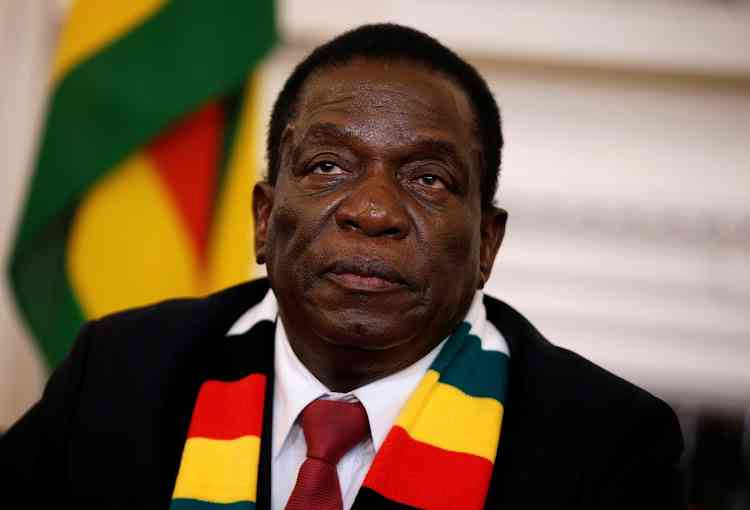
Reports yesterday that the water crisis in Zimbabwe’s urban areas has become so grave it now poses a serious health threat are disturbing. NewsDay Editorial
Earlier this year, this paper reported that residents in some of our urban areas were resorting to the bush toilet system because cities have no running water. This is a frightful scenario. Such reports bring back memories of the 2008 nightmare when over 4 000 people across the country died from diseases associated with water shortages, such as cholera and typhoid. Over 100 000 also fell sick. The latest Human Rights Watch report is based on research conducted between 2012 and 2013 in Harare.
What this means is that our cities are now sitting on health timebombs and there is need for government, through local authorities, to attend to the issue as a life and death matter which it is.
It is hard to fault critics that, in light of such a crisis, question the wisdom of the decision by Zanu PF party, through its official, Ignatius Chombo, the Local Government minister, to scrap water and other utility bills. The move no doubt incapacitated local authorities’ efforts to deliver clean water to residents of our towns and cities. Political pontification cannot come above human life and politicians should not sacrifice the lives of people on the altar of politics.
Local authorities implemented the debt scrapping directive, much to the relief and joy of many residents, but many of the councils were prejudiced of many millions of dollars.
So, the city fathers and local authorities executives have to grapple with the prevailing water crisis with empty coffers and a disgruntled workforce that goes for months without pay. Other councils, like the Harare City Council, are running everywhere looking for financial bailout, but not all of them will be lucky. Harare recently contracted a Chinese company with money from some Chinese bank to work on its water development programmes, but what we have heard is that the programme was to deal rehabilitating water pumps and plugging leaking pipes.
The long-term solution, however, must do with the building of new water sources — a task that requires serious money. The situation is the same in all other cities and towns, but as it is, government does not appear to have an idea of how to do this — broke as it is.
Major national water programmes such as the Kunzwi Dam which has remained on the drawing board for over three decades have crumbled, just like other national projects such as the Zambezi Water Project and the Chitungwiza railway project, among others.
- Chamisa under fire over US$120K donation
- Mavhunga puts DeMbare into Chibuku quarterfinals
- Pension funds bet on Cabora Bassa oilfields
- Councils defy govt fire tender directive
Keep Reading
The country’s cities have been taken back to medieval means of water sourcing and transporting the precious mineral with bowsers. The difficulty that urban dwellers would have in trying to understand the reality that cities are genuinely failing to supply its residents with water are the tacit threats by the Head of State, President Robert Mugabe, that his government would not look after the needs of urbanites because they voted “wrongly” in the July 31 election.
But that is besides the point. Water supply has become a crisis in Zimbabwe just as has become the issue of power supply and the general state of the economy. Zimbabwe is now in such a frightful economic state that it would be a miracle if our rulers are going to be able to steer us away from that dreadful 2008-9 nightmare. We look like we are already inside that economic cesspit save for the absence of the biggest evidence — the Zimdollar.











